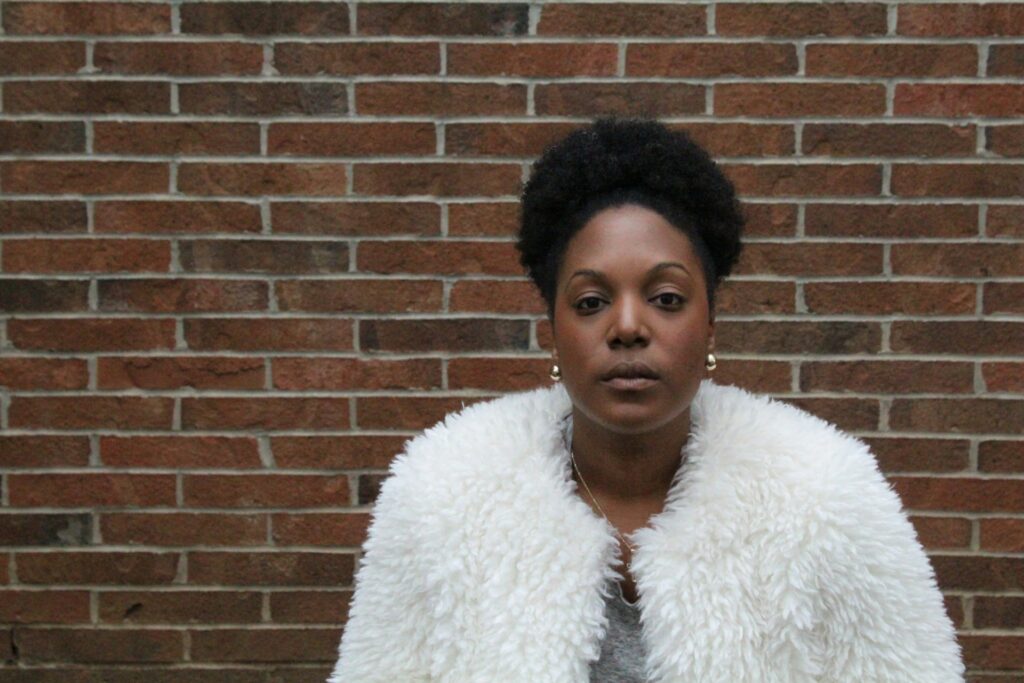Navigating social cues can be tricky, especially when certain habits send the wrong message. If people often mistake you for being cold or unfeeling, it might be down to these subtle behaviours:
1. Minimal Facial Expressions
 Source: Unsplash
Source: Unsplash
Your face doesn’t have to do gymnastics, but if it’s always set in stone, people might read you as unapproachable or indifferent. Expressions are the silent language of empathy; use them to convey your engagement and warmth.
2. Short, Sparse Replies

One-word answers aren’t just efficient; they’re icy. Communication is a two-way street. If you’re giving the bare minimum, it doesn’t come off as mysterious; it feels like you don’t care enough to engage.
3. Avoiding Eye Contact
 Source: Unsplash
Source: Unsplash
It’s not just about looking someone in the eyes; it’s about acknowledging their presence and worth. Consistently dodging eye contact doesn’t make you seem shy; it makes you seem like you’re shutting people out.
4. Rarely Initiating Conversations
 Source: Unsplash
Source: Unsplash
If you’re always waiting for others to reach out, it’s not laid-back; it’s aloof. Initiating conversation is a basic way to show interest in others and build connections.
5. Limited Physical Contact
 Source: Unsplash
Source: Unsplash
A handshake, a pat on the back, or a warm hug (when appropriate) can bridge gaps words cannot. If you’re always keeping a physical distance, it can come off as emotional distance too.
6. Not Sharing Personal Information
 Source: Unsplash
Source: Unsplash
You don’t have to spill your guts, but sharing bits about your life invites others to connect with you. Being overly private can come across as building walls, not boundaries.
7. Ignoring Social Cues
 Source: Unsplash
Source: Unsplash
Failing to laugh at jokes, missing cues to offer comfort, or not responding appropriately in social settings doesn’t make you seem cool; it makes you seem disconnected from the human experience.
8. Seldom Showing Enthusiasm
 Source: Unsplash
Source: Unsplash
It’s great to be even-keeled, but if you never show excitement or passion, it can read as though nothing matters to you. A little enthusiasm goes a long way in showing you’re human.
9. Not Asking Others About Themselves
 Source: Unsplash
Source: Unsplash
Conversations are not monologues. If you’re not asking questions or showing interest in others, it’s not just bad manners; it’s signaling that you’re not interested in anyone but yourself.
10. Always Sticking to Practical Topics
 Source: Unsplash
Source: Unsplash
Constantly steering conversations to practical or superficial topics avoids emotional depth. It’s not that you need to dive into the deep end every time, but showing you can go beyond the weather is crucial.
11. Being Overly Critical
 Source: Unsplash
Source: Unsplash
Constructive criticism is helpful; constant nitpicking is hurtful. If you’re always finding fault and never praising or encouraging, it doesn’t make you a realist; it makes you seem heartless.
12. Never Expressing Vulnerability
 Source: Unsplash
Source: Unsplash
You’re not a robot. If you never share your fears, hopes, or dreams, it’s not being private; it’s being closed off. Vulnerability is the doorway to deeper connections.
13. Reacting Indifferently to Good or Bad News
 Source: Unsplash
Source: Unsplash
If your reaction to everything is a shrug, it doesn’t make you stoic; it makes you seem like you don’t care. Even a simple “That’s great!” or “I’m sorry to hear that” can show you’re emotionally present.
14. Not Offering Comfort
 Source: Unsplash
Source: Unsplash
A kind word, a listening ear, or a shoulder to lean on are basic human responses to someone in distress. If you’re not offering comfort when it’s needed, it’s not independence; it’s apathy.
15. Dismissing Emotional Topics
 Source: Unsplash
Source: Unsplash
Quickly changing the subject when things get emotional doesn’t protect you; it isolates you. Being willing to engage, even briefly, in emotional topics shows you’re part of the human race.
16. Rigid Body Language
 Source: Unsplash
Source: Unsplash
Crossed arms, averted gaze, and a stiff posture don’t just protect your space; they scream “keep out.” Open up a little, physically and metaphorically, to invite others in.





